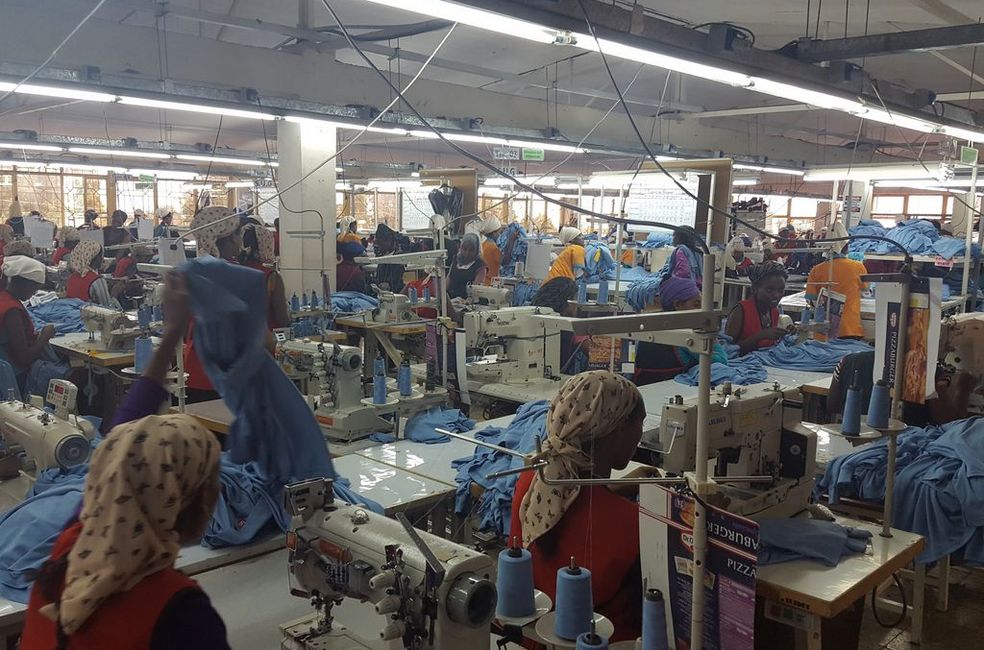Research Projects
DBA’s current research agenda is organised under the following projects.
Successful Sales partnershipsThe most common form of market entry for companies in Sub-Saharan Africa is still sales partnerships between a manufacturer and a local sales partner. While companies frequently use the term “distribution or sales partnership”, a review of the literature shows that the academic discussion focuses on other terms such as “strategic alliance” or “supply chain partnership”. We analyse the literature exploring the success factors of ongoing sales partnerships. Consequently, the identified success factors are empirically tested by interviewing CEOs/Africa sales managers of German manufacturers and their local partners.
The ongoing research on sales partnerships between German manufacturers and African sales partners is the starting point to ask, why international companies move from an export model to a business approach with a local presence. We examine the internal and external decision variables and the process of international companies to change their mode of operation towards higher localization in African markets.
Together with our colleagues from Kiel Institute of the World Economy (IfW), we investigate the reasons to export to West African and European markets as well as to the USA. We use the panel data collected by IfW and apply a mixed method approach to understand what drives (i) the export decision in general and (ii) the choice of the export market destination. We consider the situation and pre-conditions Ghanaian SMEs face in terms of internationalization as well as the role of the African diaspora in Europe as a driving force for exports to Europe.
We focus on the analysis of consumer needs and consumer behaviour and how they affect companies’ sales and marketing approaches in Sub-Saharan Africa. We will compare approaches taken by international companies and local African companies. The study will be cross-country to assess the influence of different business environments. The results will provide insights on how the sales and marketing approach in Sub-Saharan Africa may be improved. One aspect that is considered is how the use of new technologies can positively impact the sales and marketing approaches.
This analysis is carried out in direct cooperation with our IfW colleagues. We examine factors that are decisive for the success and effectiveness of African tech hubs in terms of promoting innovation. Therefore, a key question will be: What type of tech hub leads to what type of innovation? Based on the findings some policy implications can be drawn on how tech-hubs need to be structured and set up to promote innovation. A subsequent question is about tech-hub’s impact on sustainable entrepreneurship.
China’s role in Africa has grown since the establishment of the Forum on China Africa Cooperation (FOCAC) in 2000 and the promulgation of the Belt and Road Initiative (BRI) in 2013. Although Chinese actors play a central role in the implementation of large infrastructure projects in Africa, a review of the FOCAC communiqués suggests that business opportunities are emerging for local African as well as international companies. Another research question evolves around the concept of “third market cooperation” as put forward in the BRI-documents. Is this a new opportunity for non-Chinese companies to participate in China’s Africa engagement or just “old wine in new bottles”?
The book aims to provide a holistic view of the operational business aspects in Africa following a business model logic. Several theoretical chapters on sales & marketing, business model innovation, production and value chains, among others, are deepened by practical chapters of managers on specific and related business aspects. The book offers a combination of conceptual, academic chapters and manager experience based deep-dive chapters to provide a comprehensive overview and understanding of how business in Africa can be successful.


![[Translate to English:]](/fileadmin/_processed_/2/a/csm_Header_03_e6ef15832d.jpg)






